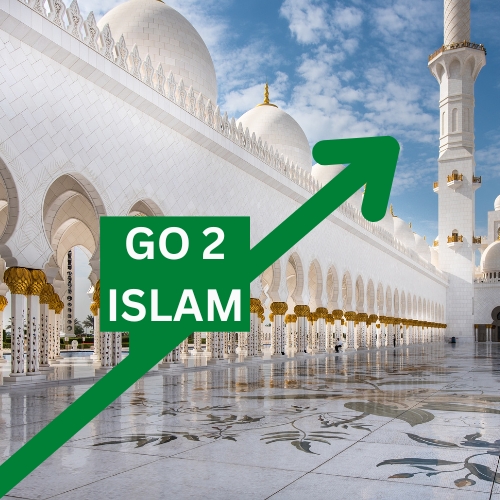The role of women in Islam is a complex and nuanced issue, influenced by cultural, historical, and social factors. While Islamic teachings emphasize the equal spiritual worth of men and women, the lived experiences of Muslim women around the world are shaped by a variety of factors, including gender norms, economic conditions, and political systems.
Islamic teachings emphasize the spiritual and moral equality of men and women, with both genders equally responsible for their deeds and accountable to God. In the Quran, men and women are described as equal partners and companions, with both sexes contributing to the well-being of society and the family.
However, in practice, gender roles and expectations often differ between men and women in Islamic societies. Women are expected to be modest and chaste, and are often responsible for managing household duties and child-rearing. Men are often seen as the primary breadwinners and protectors of the family.
In some societies, women face discrimination and restrictions in accessing education, employment, and political participation. These issues are not unique to Islam, but are shaped by a variety of cultural, historical, and political factors. Some Muslim women have pushed back against these restrictions and worked to challenge gender norms and expectations, while others have embraced traditional gender roles and practices.
It’s important to note that there is significant diversity within Islamic societies and communities, and women’s experiences and roles can vary widely depending on a range of factors. While some Muslim women may experience discrimination or restrictions, others may have access to education, employment, and political participation, and may play significant roles in their families and communities.
In recent years, there has been a growing movement among Muslim women to challenge patriarchal norms and expectations, and to advocate for greater gender equality and empowerment. Many Islamic feminists argue that Islam can be a source of empowerment and liberation for women, and that Islamic teachings can be interpreted in ways that promote gender equality and social justice.

